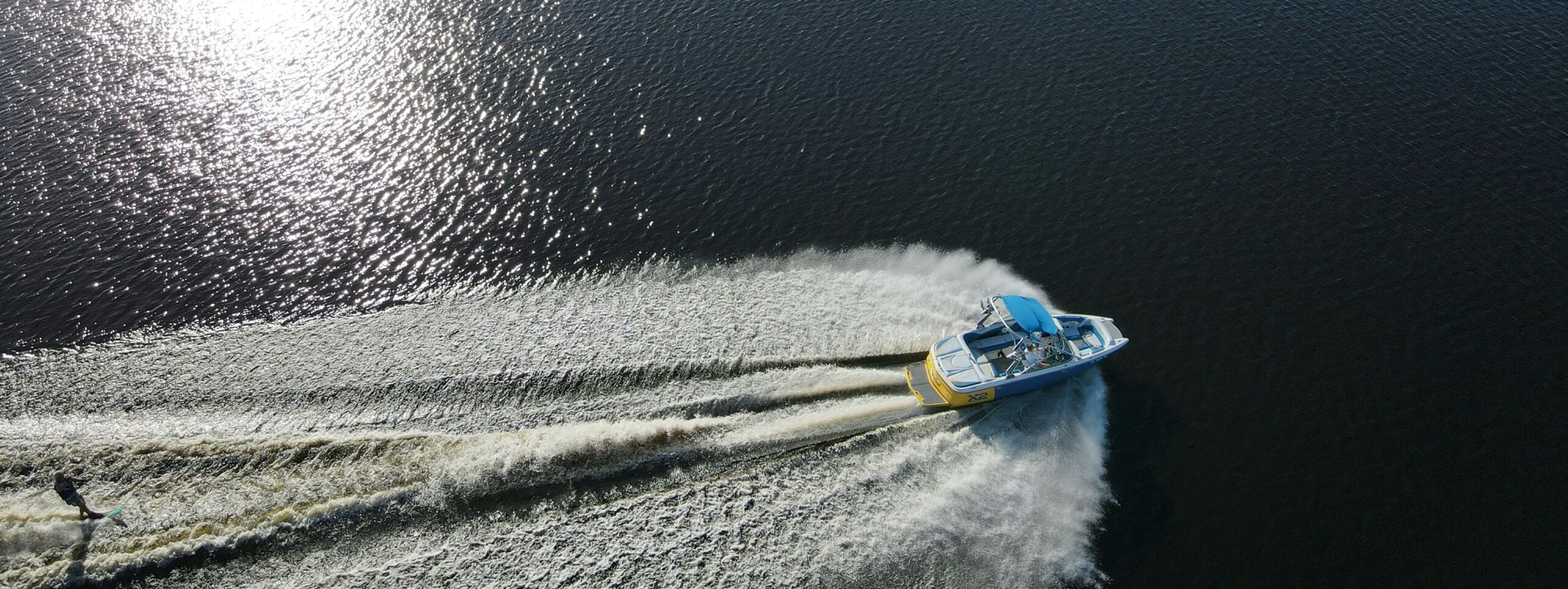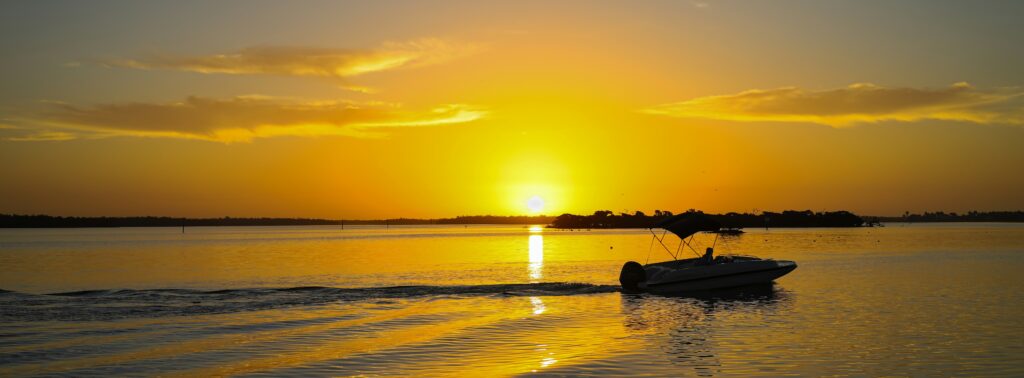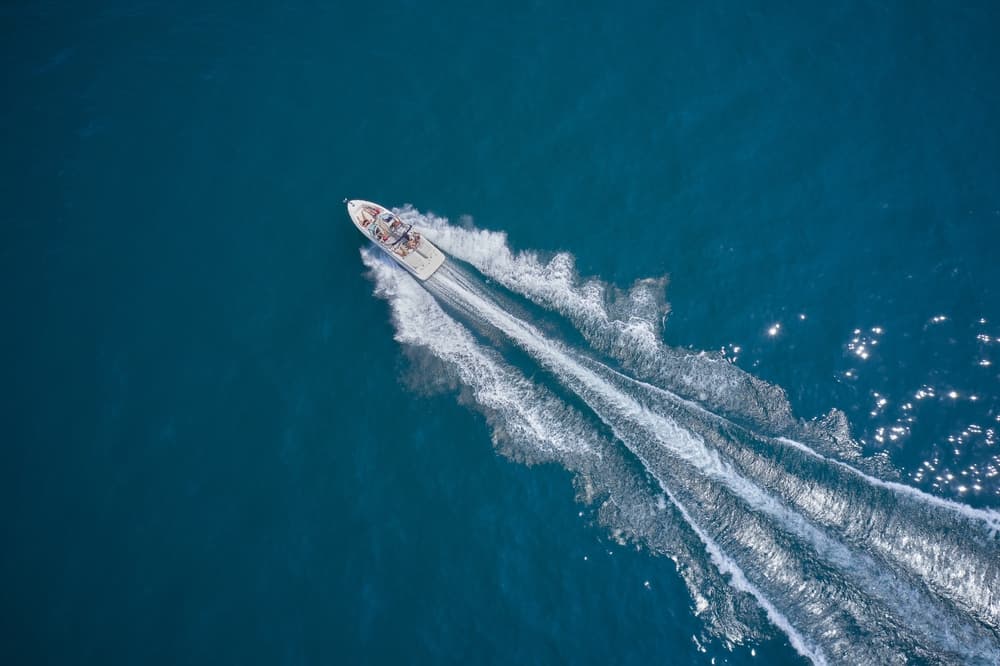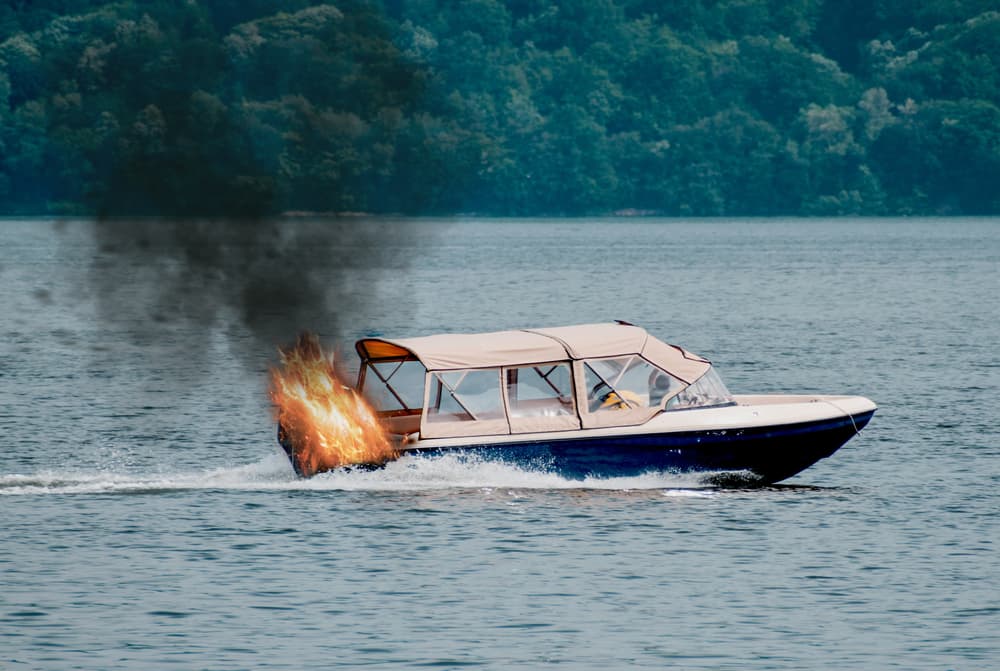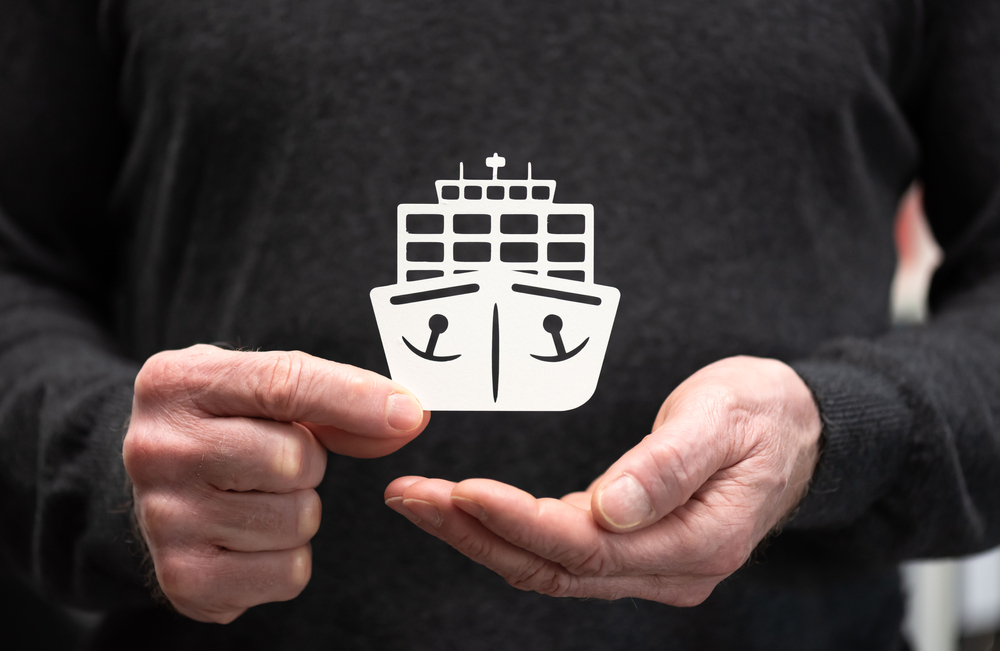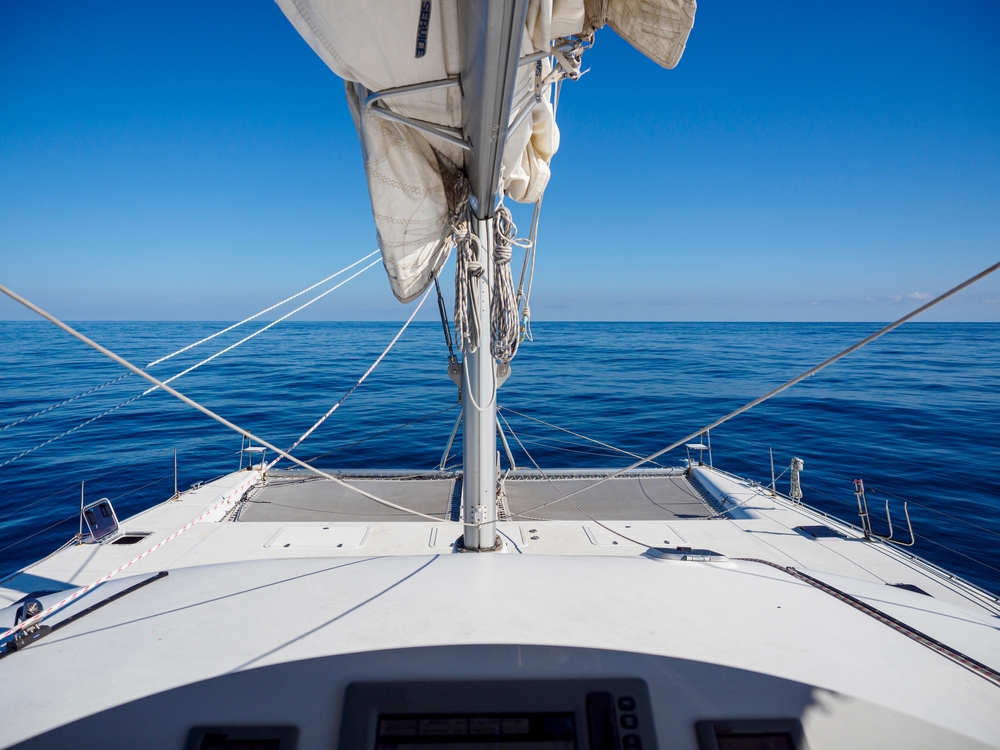The last thing you want to think about when going on a boating adventure is your vessel going up in flames, but, as a boat owner, it’s vital to be prepared for all possibilities. This guide reviews what you can do to protect yourself and your passengers in case of a boat fire.
Common Causes of Boat Fires
Knowing what leads to boat fires can help you prevent them from occurring in the first place. If you keep your boat maintained and operate it in a safe manner, it could reduce your chance of being involved in a boat fire. However, even with the best precautions, some incidents are unavoidable.
1. Engine Trouble
Many boat fires begin in the engine compartment. You could have a faulty regulator, defective or worn battery wiring, leaking fuel lines or worn connections.
2. Poor Docking Procedures
Your boat can be involved in an incident when you’re not even using it. This can happen when docking in a location with a higher risk of a fire.
3. Operating Irresponsibly
You should abide by all boating laws and watch your distance from other vessels and speed at all times. While collisions don’t frequently result in fires, it’s still possible for boating accidents to lead to this incident.
What to Do if Your Boat is on Fire
Knowing what to do in a boat fire increases your chance of remediating the issue and keeping everyone safe. If possible, perform practice drills with the people you plan on boating with so that everyone can respond effectively if a blaze occurs.
Stop the Engine
You should stop the engine immediately when you notice any signs of a boat fire. If the engine is the cause of the fire, keeping it running can spread the flames faster. Even if the engine isn’t the source of the fire, you don’t want the boat to be moving because the wind can give the flames the oxygen they need to expand.
Shut Off the Fuel Supply
Shutting off the fuel supply is another measure that limits the spread of the fire. It can also help extinguish the flames and avoid explosions because it won’t reach your fuel tank.
Know How to Position Your Boat
The direction of the wind matters in a fire, and you can protect everyone on board simply by facing your boat in the right direction. If you notice the front of the boat is burning, turn the stern side toward the wind. If the fire is in the back, head toward the wind. Positioning the flames away from the wind decreases the chances of the fire spreading.
If your engine is on fire or you’ve already shut it off, you can use oars to face your boat in the correct direction. Keep repositioning the vessel if the wind is shifting.
Extinguish the Fire
Many people wonder if you need a fire extinguisher on a boat. It’s important to always have a fire extinguisher on board in unfortunate incidents like this. When using it, make sure you aim for the base of the fire and use a sweeping motion when extinguishing it.
Call for Help
Before you depart, you should make sure you have emergency flares and a marine radio to call for help and signal other vessels when you’re in distress. Should you realize that the boat is taking on water or the fire can’t be contained, radio the authorities with your last known location before abandoning the ship.
Flotation Devices
In some cases, if your boat catches fire, you may need to abandon it. To ensure everyone’s safety, you should immediately distribute and put on personal flotation devices. Call for help with your radio, note your location, and jump in the opposite direction of the fire and wind. Stick together with your passengers and find the nearest shore and wait for emergency assistance.
Fire Prevention Tips
While knowing what to do in the event you’re in a boat fire can save lives, you’d like to avoid ever being in one, to begin with. Prevention is the best strategy, and you can do this by following these tips:
1. Always Maintain Your Boat Engine
Poor maintenance is behind many boat fires because owners don’t take the proper measures to ensure their engines are in working order. Worn engine parts and electrical connections can make the engine overheat, cause a battery fire or ignite your fuel source.
2. Perform Routine Inspections
Even if you’ve got perfect maintenance records, you should inspect your boat before every trip. Debris can get into your exhaust manifolds, and wires degrade with regular use.
3. Purchase an Automatic Fire Extinguisher
While it’s not a replacement for a manual fire extinguisher, an automatic fire extinguisher can help you slow the spread of a fire or put it out before it becomes a danger to you and your guests. It detects a boat fire immediately and activates itself so that the fire is put out without human intervention.
4. Read Transport Canada’s Safety Guide
One of the best resources available is Transport Canada’s Safety Guide. It helps you learn how to reduce the risk of boat fires and other accidents, what to do if you’re involved in an accident and how to reach help in any emergency. This is a must-read for anyone who owns a boat.
Another thing you should consider is purchasing boat insurance. You can’t predict whether you will be involved in an accident, and having a policy can help protect you from significant financial losses due to damage or liability.
Stay Covered in an Emergency
Portside Marine Insurance can help you obtain affordable boat insurance so that you won’t need to worry about what happens to your finances if you’re involved in an accident or fire. If you’re in a boat fire and have a boat insurance policy, report it immediately to begin the claims process. Still looking for the right policy? Contact us today so we can review the best insurance options for you.





